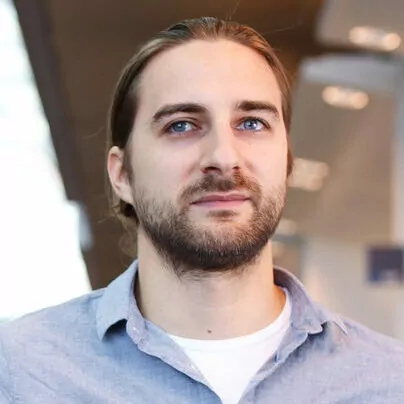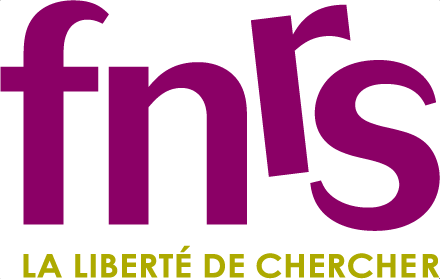Research
In our cells the initial genomes inherited from our parents evolve over time through the accumulation of somatic mutations. Most of these are silent and very few cell genomes will lead to malignant growth. In our lab, we study how different classes of somatic changes, including single nucleotide substitutions and copy-number changes accumulate over time on the parental genomes in our cells leading up to the observed cancer genomes. These continue accumulating in cancer cells leading to intra-tumour genetic heterogeneity.
We develop bioinformatics tools to detect and characterise those variants from sequencing data, and methods to time them or assign them to parental genomes. Our current toolset allows us to infer how these changes accumulated over time from the fertilised egg to surgical resection, and how they continue accumulating in the tumour tissue. We are in particular interested in polyploidisation events common in cancer, and are developing a framework to study their prevalence and association with increasing chromosomal instability.
One particular focus of the lab is on thyroid tissues and cancers, as well as chromosomally instable tumours including sarcomas.
Please visit the page of ASCAT.sc , our copy-number caller, developed with the Van Loo lab.
Biography
Maxime studied engineering at the Faculty of Applied Sciences of the Université Libre de Bruxelles (ULB), where he specialised in medical informatics and imaging. He then pursued a PhD in computational biology under the supervision of Vincent Detours at the Faculty of Medicine (ULB), focusing on the integration of omics profiles in thyroid cancers. He later joined Peter Van Loo’s group at the Francis Crick Institute, where he studied intratumour genetic heterogeneity and cancer genome evolution, with a particular focus on rare sarcomas. During this time, he also visited Thierry Voet’s lab at the Wellcome Sanger Institute and developed expertise in single-cell sequencing. He is currently an Associate Professor and Group Leader at IRIBHM – ULB, as well as a visiting scientist at the MD Anderson Cancer Center and University College London. His lab investigates the somatic and cancer genome evolution of different tissues, including in the context of sarcomas and thyroid cancers.





